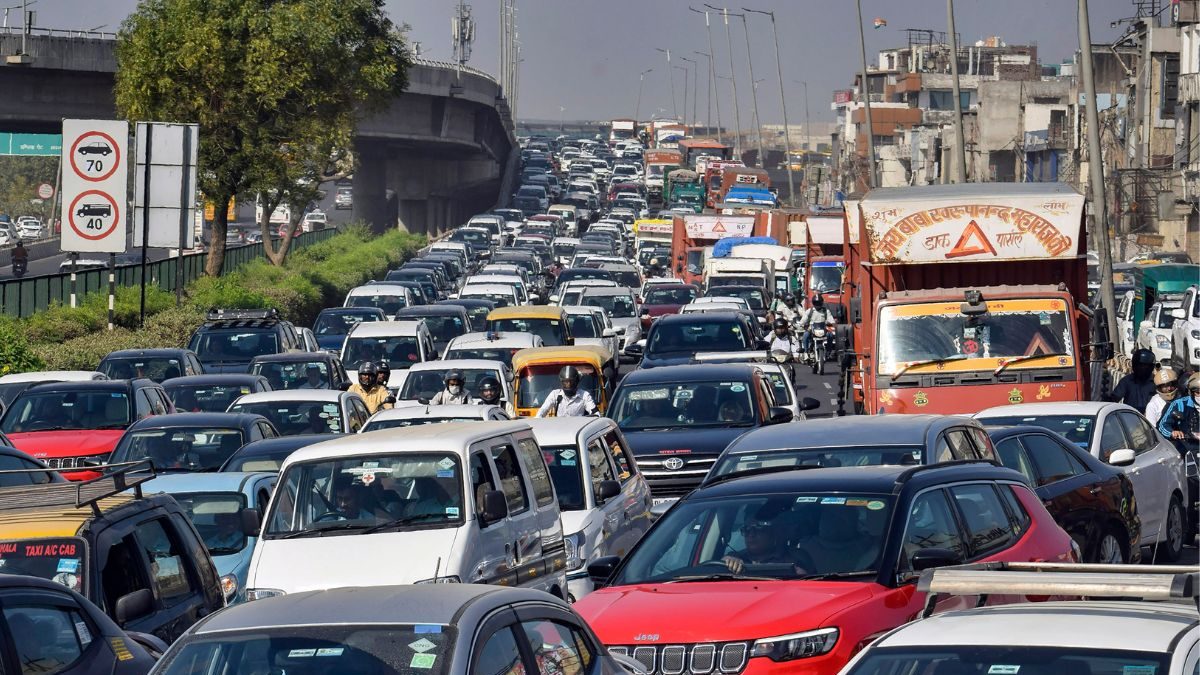Auto’correct: Over 23,000 Vehicles Scrapped across India, More Than Half Belonged to Govts, Says MoRTH
India, one of the fastest-growing automotive markets globally, is faced with an increasingly pressing issue – the scrapping of old vehicles. According to the Ministry of Road Transport and Highways (MoRTH), over 23,000 vehicles were scrapped across the country, and shockingly, more than half of them belonged to various governmental departments.
The issue of old, dilapidated vehicles has been a persistent one in India for several years now. Not only do these vehicles contribute to the ever-increasing pollution levels, but they also pose a serious threat to road safety due to their deteriorated condition. Thus, it is imperative to address this problem promptly.
The data presented by MoRTH indicates a positive step towards tackling this issue, as thousands of old vehicles have been taken off the roads. However, the statistics also raise concerns regarding the government’s fleet management and the lack of proper maintenance schedules. It is concerning to see that a significant proportion of the scrapped vehicles were owned by various government entities.
The scrapping process not only aids in reducing pollution and enhancing road safety but also has potential economic benefits. Older vehicles are not only less fuel-efficient but also tend to be more polluting. By scrapping these cars, India can aim to reduce its carbon footprint significantly. Furthermore, this process can stimulate demand for new vehicles, potentially aiding the struggling automobile industry in recovering from the recent economic downturn caused by the COVID-19 pandemic.
The government must take a proactive approach in ensuring that governmental vehicles are properly maintained and replaced in a timely manner. Additionally, policies should be implemented to encourage individuals and private organizations to participate in such scrapping initiatives, providing them with economic incentives or tax benefits.
And in the last, the scrapping of over 23,000 vehicles in India, with a significant portion being governmental, is a step in the right direction to combat pollution and enhance road safety. However, the statistics also highlight the need for stricter fleet management and better maintenance practices. By implementing effective policies and promoting awareness, India can address this issue more efficiently and create a healthier, greener transportation system for its citizens.
